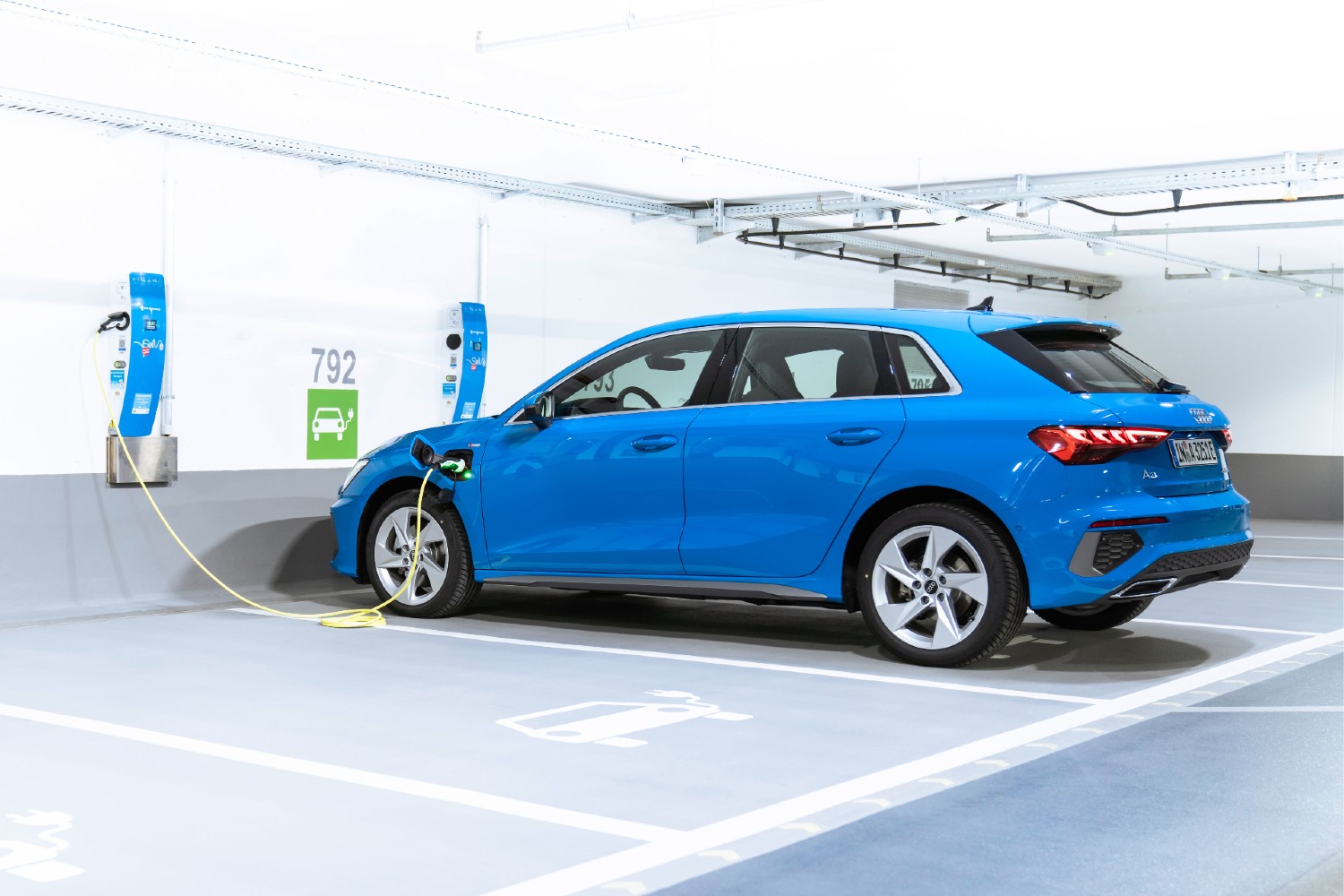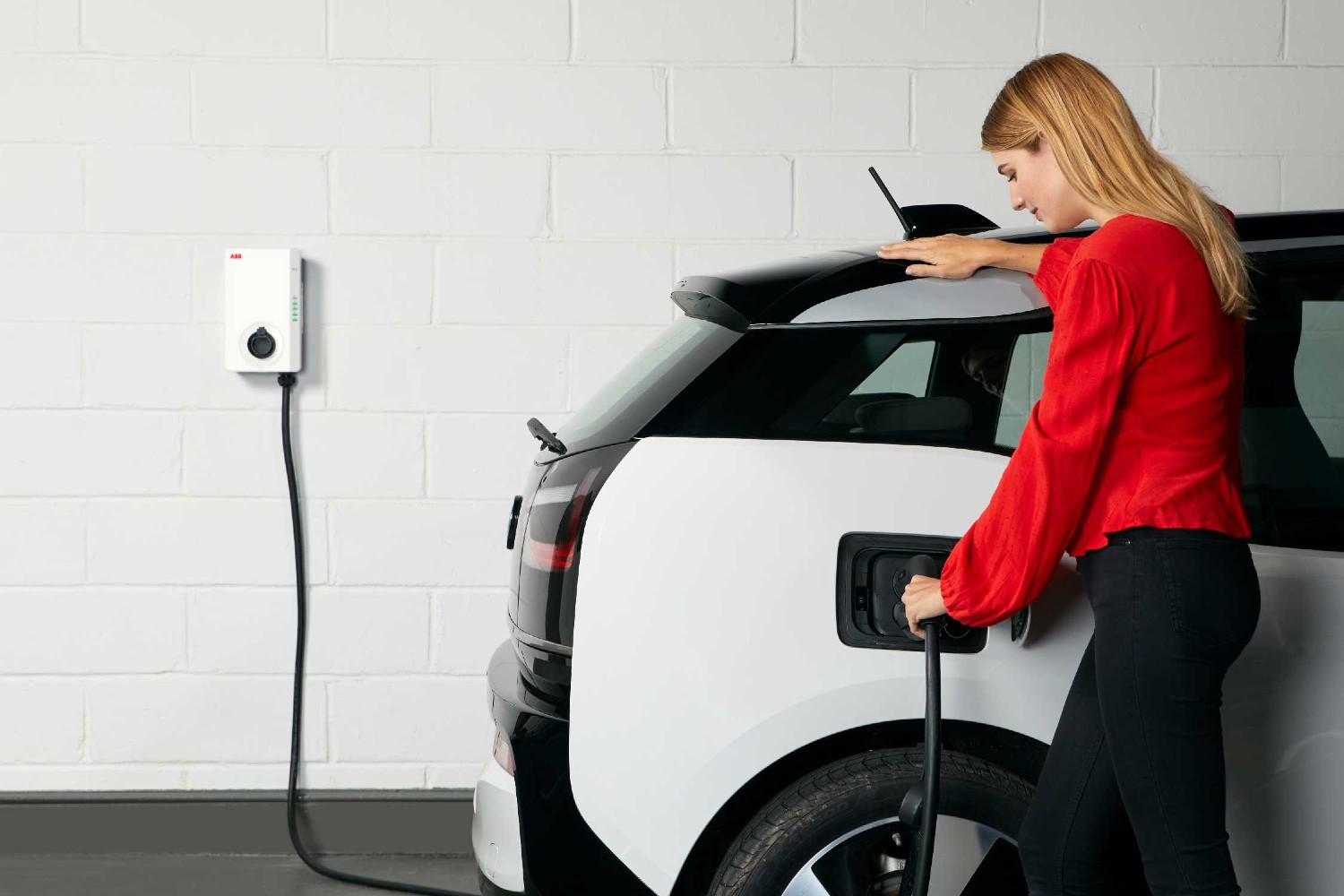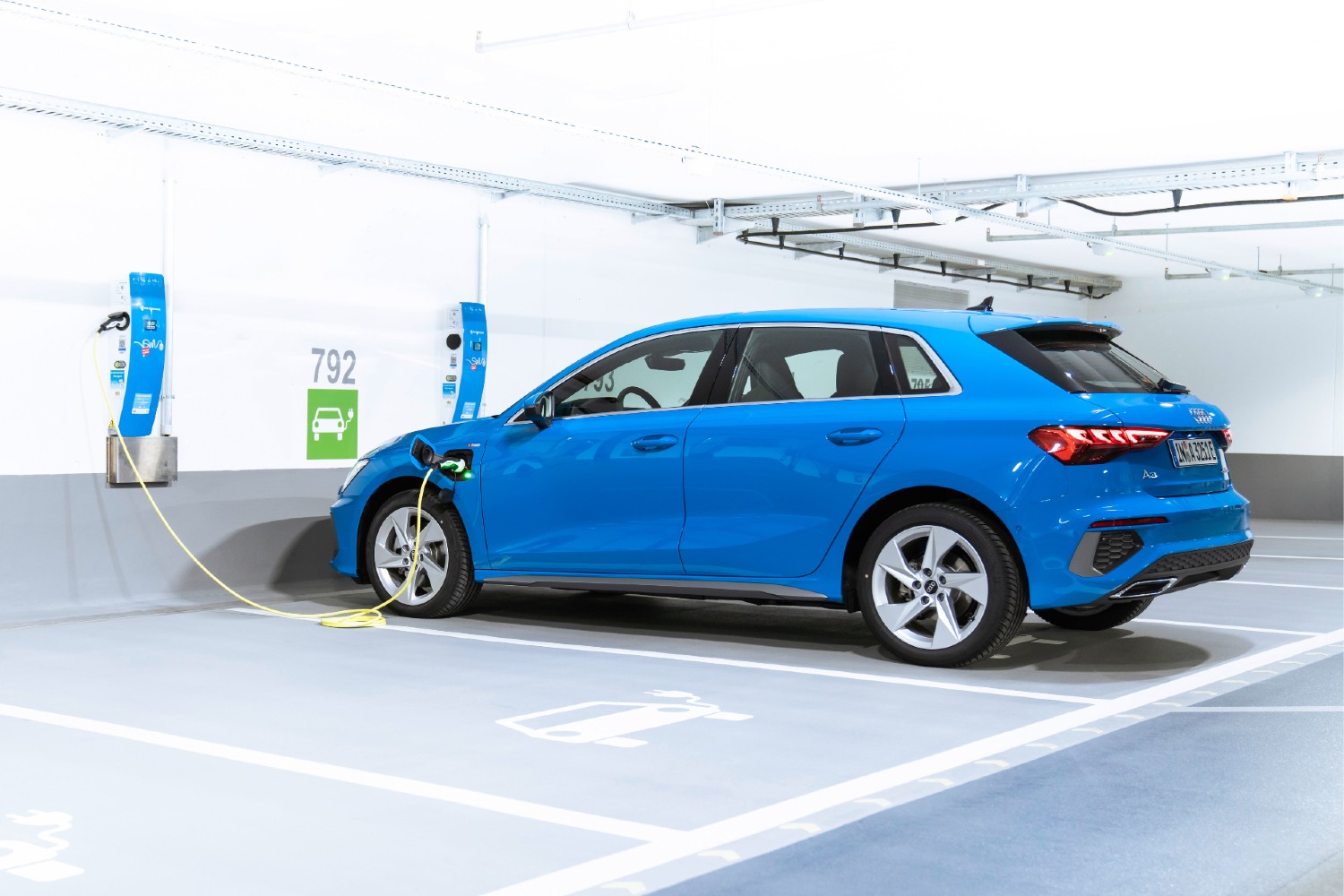By 2035, Europe will need 65 million electric chargers
With the exponential increase in the number of electric cars on the roads, Europe will need 65 million chargers by 2035.
According to a study carried out by Ernst&Young, as well as by the European association for the electricity sector, Eurelectric, 130 million electric cars will circulate on European roads in 2035. This number represents a giant leap from the current reality, which will also require a large number of charging stations.
The same study predicts that 65 million chargers will be needed for these cars, trucks, and buses. Of this number, 85% will be residential-type charging infrastructures.

The biggest challenge for Europe, according to Automotive News, which publishes the study, will be expanding a network of more than 9 million chargers along roads, offices, and fleet charging stations. The task is even more difficult because, to date, there are only 445,000 public charging points installed in Europe.
“It took us 10 years to install 400,000 chargers,” says Serge Colle, Director of Energy and Global Resources at Ernst&Young. Adding that to reach 9 million by 2035, it will be necessary to “install 500,000 [charging points] every year, by 2030”.
Between 2030 and 2035, the pace of installation of new chargers is expected to increase by one million per year.
The company co-responsible for the study estimates that this massive operation will cost 62 billion dollars (54.8 billion euros), a figure, even so, behind the 63.64 billion euros needed to install 56 million points. residential charging.

Despite everything, Kristian Ruby, Eurelectric's general secretary, argues that it is better to install more and have this safety margin, than “waiting and finding out, too late, that the number of chargers is not enough”.
Energy consumption management
In addition to coordinating the installation of millions of charging points, the European electricity sector will have to manage a greater load on the electricity grid. Since, not only will it be necessary to provide ultra-fast charging at motorway service stations, but it will also be necessary to control the increase in consumption at peak hours, according to estimates by Ernst&Young.
To overcome these peaks in demand, especially when drivers return home, it will be necessary to install energy storage systems (solar or not) at charging stations.
Other possible measures will be the offer of incentives to those who charge at other times (in off-peak hours, for example), or even the possibility of supplying energy from the electric car battery to the grid, if convenient.
